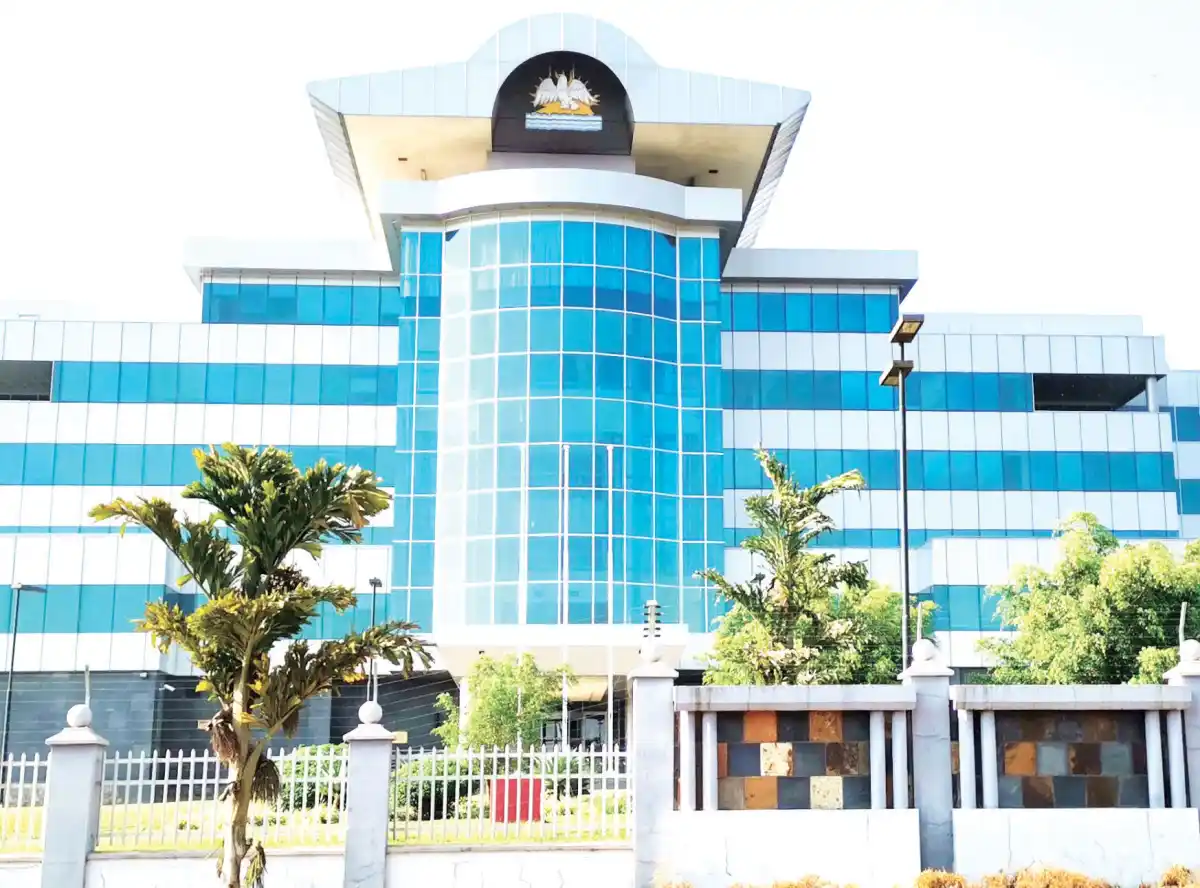
The Reserve Bank of Malawi (RBM) has said ensuring that financial sector players channel more funds towards efforts against climate change would be critical in taming inflation
Inflation soars due to natural disasters such as floods and drought.
RBM Deputy Governor for Economics and Regulation MacDonald Mafuta Mwale was speaking in Lilongwe on Monday during the launch of a report on Greening the Financial Sector in Malawi.
“We have realised that we cannot fight inflation just by making policies at the central bank. We need to start from where inflation gets created. You know in Malawi, when there is a drought, which is a climate related shock, our inflation is always high.
“As of now, we are saying our inflation is high largely due to food prices which get affected by food production, which gets affected by climate—like the one we had last year,” he said.
He added that greening the financial sector could also be crucial for achieving international environmental targets such as the United Nations Sustainable Development Goals, particularly those related to climate action, clean energy and sustainable economic growth.
He observed that by integrating environmental considerations into financial decisions, Malawi could make significant progress towards meeting global targets.
He said it was on this basis that RBM had issued guidelines on climate-related and environmental financial risk management for banks and banking groups.
This, according to Mafuta Mwale, is premised on providing regulated institutions with a framework that should guide implementation of climate-related measures within the financial sector.
While welcoming the idea of greening the financial sector, economist Marvin Banda urged caution against importing technology that was obsolete.
According to Banda, the first wave of dumping obsolete green technology was expected in 2030, before another one in 2050.
“So, before we adapt some of these things, we need to look at challenges that developing countries are facing with some of the technologies so that we are aware of what we are embracing,” Banda said.








0 Comments